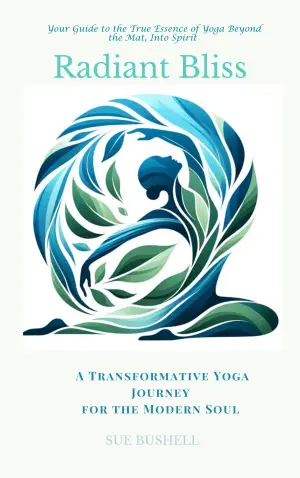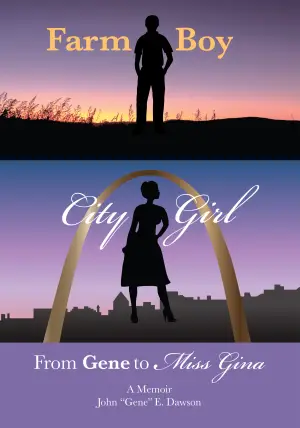Embracing Our Limits: A Reflection on You’re Only Human by Isaac Kapic
In our fast-paced, productivity-driven world, the phrase “you’re only human” often comes wrapped in a veil of judgment, suggesting that we’ve fallen short. However, Isaac Kapic invites us to reframe this notion in You’re Only Human: How Your Limits Reflect God’s Design, challenging our perceptions about creatureliness and finitude in a beautifully engaging way. This book caught my attention not because it promises a quick fix for our human struggles, but because it gently argues that our limitations are, in fact, gifts from God, waiting to be embraced.
Kapic explores profound themes surrounding our identities as created beings, reminding us that acknowledging our limits is not a mark of weakness, but a step towards understanding our place in the divine tapestry of creation. I was particularly moved by the notion that "infinity is reserved for God alone," and that embracing our finitude can lead us to deeper connections with ourselves and others. He emphasizes that our identity is grounded not just in Adam, the first man, but in Christ, the ultimate expression of divine love. This perspective fosters a sense of humility and recognition that we are part of something much larger than ourselves.
The writing style struck me as both approachable and thought-provoking. Kapic deftly balances academic insights with heartfelt reflections, making the text both informative and relatable. One memorable moment for me was when he highlights that “humility recognizes all our talents are free gifts from God.” This resonates deeply in a culture that often equates value with achievement. There’s a gentle reminder here that we don’t need to prove our worth through relentless activity; rather, we can find peace in our existence as beloved creatures.
One aspect that gave me pause, however, was Kapic’s focus on specific theological perspectives regarding the body. While he presents an immanent view—arguing that our physical form is integral to our identity—it felt somewhat limiting in a book that is otherwise so expansive. Despite this nitpick, the heart of his message shone through, encouraging readers to seek God’s presence in the ordinary and the finite.
Kapic’s exploration of creaturehood reminds us that God did not come to us to remove our humanity but to honor it. The act of reconciliation through Christ creates a path where our imperfections can be seen as facets of a beloved creation, rather than sources of shame. I found myself reflecting: What does it mean to rest in my limitations and allow grace to define my identity? This introspection felt both liberating and refreshing.
You’re Only Human is a gem for anyone grappling with the pressures of modern life—those who feel overwhelmed by expectations or hindered by their limitations. It’s for the weary souls who need to hear that it’s okay to be finite and that these limits can lead to greater humility and richer relationships.
Reflecting on this book, I feel encouraged to redefine my relationship with my own humanity, to embrace imperfection, and to celebrate the beautiful gift of being limited. If you’re ready to embark on a journey that challenges the norms and highlights the clarion call of creaturehood, this book is a must-read. It’s not just a lecture; it’s an invitation to find joy in being human, to love without the weight of impossible expectations, and to discover the freedom that comes from resting in divine grace.
Discover more about You’re Only Human: How Your Limits Reflect God’s Design… on GoodReads >>














